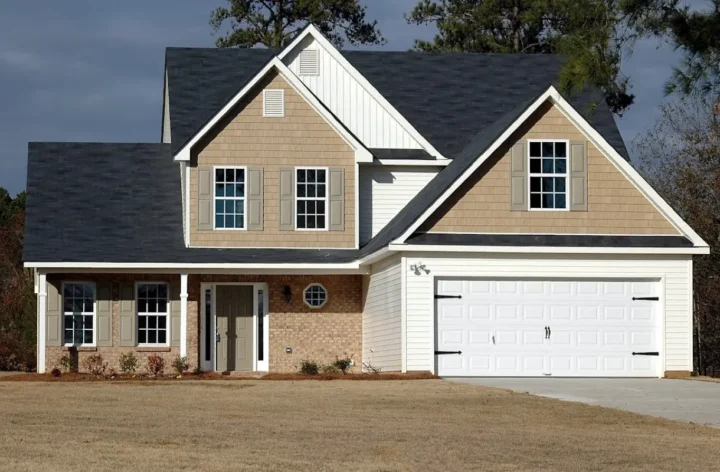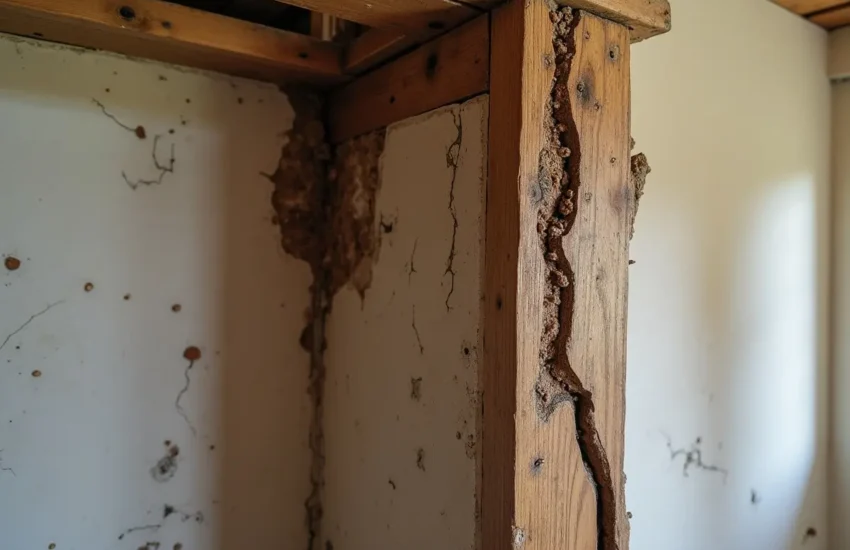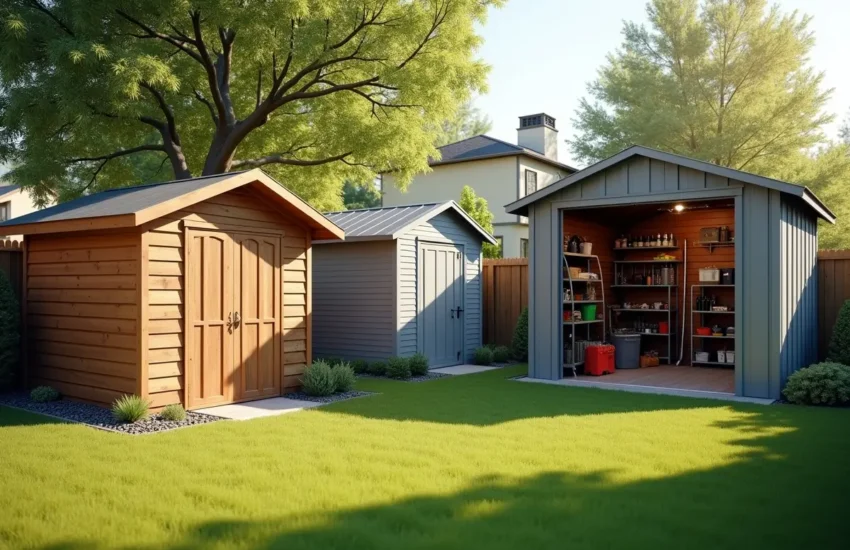Energy Efficiency and Home Maintenance: How Regular Upkeep Can Help Keep Your House in Top Shape
Keeping your home in top shape is not only essential for comfort, but it also directly impacts your energy efficiency. Regular upkeep of your appliances and systems plays a significant role in maintaining a well-functioning home. Understanding the importance of timely maintenance can save you from high repair costs and reduce energy consumption.
In this article, we’ll discuss how consistent home maintenance can boost your home’s energy efficiency.

Here’s how you can get started:
Inspecting Insulation for Maximum Efficiency
Good insulation acts as a barrier, keeping the temperature inside your home stable by preventing heat from entering during the summer and escaping in winter.
When insulation degrades or gaps appear, your heating and cooling systems have to work harder, which directly impacts your energy bills. Inspecting and repairing your insulation on a regular basis is one of the easiest ways to maintain energy efficiency in your home.
Pay particular attention to areas such as the attic, basement, and around windows, where heat loss is most common. If you’re unsure whether your insulation is still effective, a professional can help assess your needs and suggest the best improvements.
Routine Air Conditioner Maintenance
A well-maintained air conditioner is key to ensuring energy efficiency during hot months. Regular service can prevent your AC from making disturbing noises, which often indicate underlying problems.
While it’s easy to ignore strange sounds, they are usually a sign that something needs fixing. These noises might come from loose components, dirty filters, or even failing parts that require attention. It’s important to schedule yearly inspections with local providers who can help you understand why your air conditioner is making loud noises, to keep the system running smoothly, and avoid costly repairs down the line.
Keeping the filters clean is essential because clogged filters force the system to work harder, driving up energy consumption. Regular checks also ensure that refrigerant levels are optimal and that the system is performing at peak efficiency.
Sealing Drafts and Gaps Around the Home
Even small drafts around windows and doors can lead to significant energy loss. When air from outside enters the home, your heating and cooling systems must work harder to maintain a comfortable temperature.
Drafts can be difficult to spot, but a simple check around entry points like doors and windows can reveal gaps that allow cold or hot air to seep in. Applying weatherstripping or caulking can close these gaps and help keep conditioned air inside.
This small step is an easy yet effective way to make sure your heating and cooling systems aren’t unnecessarily overworked, ultimately improving energy efficiency.
Energy-Efficient Lighting Solutions
Switching to energy-efficient lighting can dramatically reduce your electricity usage. Traditional incandescent bulbs consume more energy and have a shorter lifespan than their modern counterparts. LED bulbs, on the other hand, use less energy, last longer, and provide the same level of brightness.
Replacing older bulbs in your home with LEDs is an affordable way to cut down on your energy consumption without sacrificing lighting quality. Additionally, consider installing motion sensors or smart lighting systems to automatically turn off lights when they’re not needed. These simple changes can make a significant impact on your monthly energy bills.
Energy-Efficient Appliances and Regular Upkeep
Appliances like refrigerators, washers, and dryers consume a significant amount of energy in your home. Over time, dirt, grime, and wear can reduce their efficiency, leading to higher energy usage. Regular upkeep, such as cleaning refrigerator coils, replacing worn-out seals, and ensuring dryers have clean vents, helps maintain their optimal performance.
These small tasks can extend the lifespan of your appliances and reduce their energy consumption. If your appliances are nearing the end of their lifespan, consider upgrading to more energy-efficient models.
Newer appliances often use advanced technology to consume less energy while performing just as effectively, ultimately reducing your utility costs.
Maintaining Plumbing Systems to Prevent Leaks
Even small leaks in your plumbing system can lead to increased water and energy consumption. For example, hot water leaks force your water heater to work harder to maintain the desired temperature.
These leaks can be hard to detect without proper inspections, so it’s essential to check for any signs of water damage or unusual moisture buildup. Fixing leaks early prevents energy waste and minimizes the strain on your water heater, saving you money in the long run. Regular plumbing inspections can identify hidden issues and help you avoid costly repairs later.
Regular Roof and Gutter Inspections
A roof in good condition plays a crucial role in maintaining your home’s temperature control and energy efficiency. A damaged or poorly insulated roof allows air to escape, making your heating and cooling systems work harder.
Regular roof inspections help identify signs of wear or damage, allowing for early repairs that can prevent significant energy loss. Alongside the roof, gutters should also be cleaned regularly. Clogged gutters can lead to water damage, which in turn may affect insulation and cause unnecessary energy loss. Keeping both the roof and gutters in good shape is vital for energy efficiency.
Upgrading to Energy-Efficient Windows
Windows are a major source of heat loss and gain in any home. Old, single-glazed windows let cold air in during winter and warm air during summer, forcing your HVAC system to work harder to regulate indoor temperatures.
Upgrading to energy-efficient, double-glazed windows helps keep your home comfortable year-round. These windows are designed to improve insulation, keeping your home warmer in the winter and cooler in the summer. While replacing windows can be an investment, it will pay off in the long term through lower energy bills and a more comfortable living environment.
Regular upkeep and maintenance are essential for improving your home’s energy efficiency and reducing overall costs. From servicing your air conditioning unit to sealing drafts and upgrading your windows, every small effort adds up to significant savings in the long term.
Not only does maintenance keep your systems running smoothly, but it also ensures your home remains comfortable and efficient throughout the year.
By staying on top of these tasks, you’re not just preserving the longevity of your appliances and systems; you’re making an investment in a more energy-efficient and cost-effective home. With a little attention to detail, you can enjoy a more comfortable living environment while keeping your energy bills in check.


